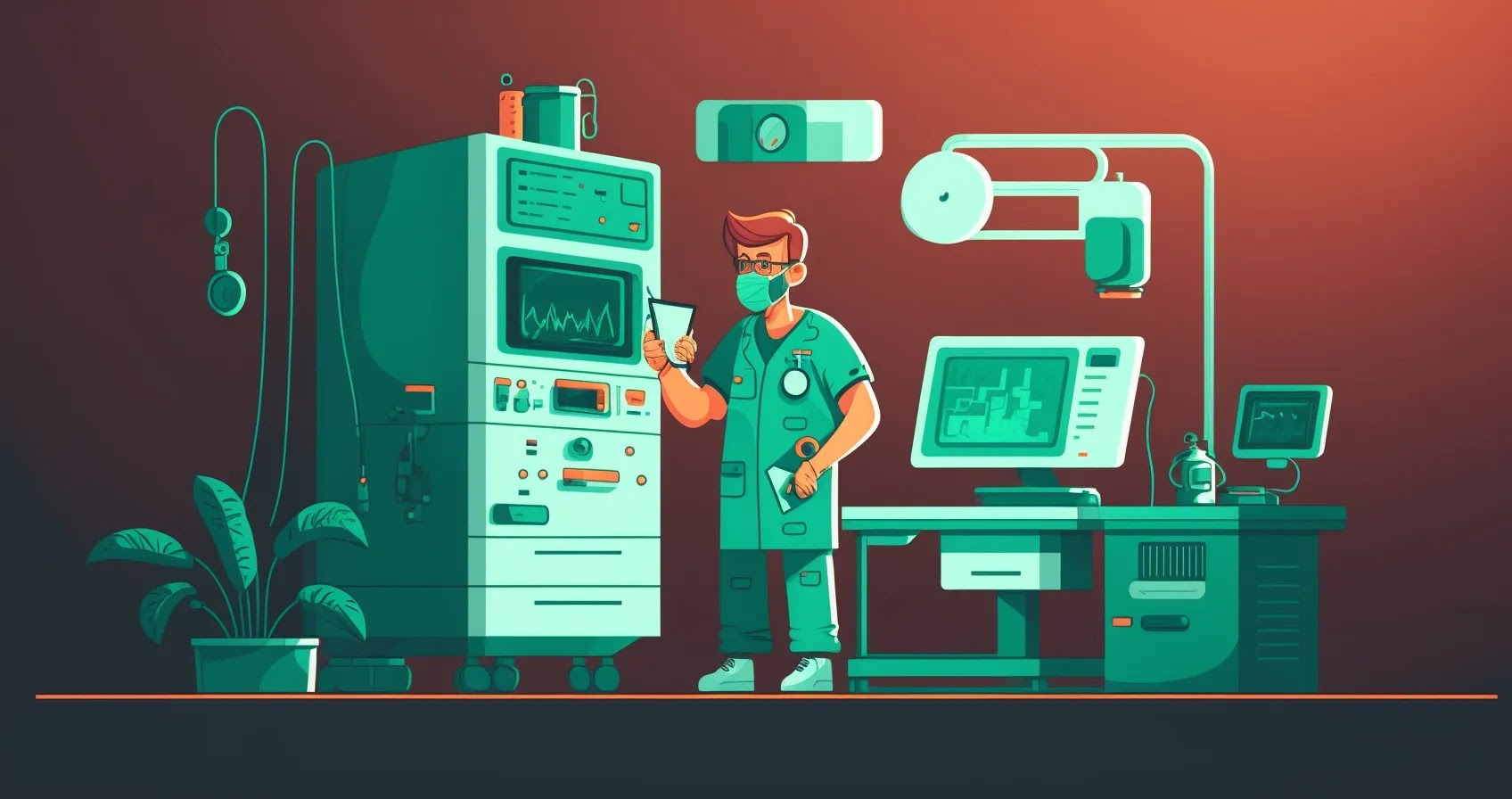Are you someone who is interested in the medical field and has a passion for patient care? Then becoming an anesthesiologist might be the right career path for you.
As an anesthesiologist, you will be responsible for administering anesthesia to patients prior to surgical procedures and monitoring their vital signs throughout the operation.

Reasons why you need to become an Anesthesiologist
There are several reasons why becoming an anesthesiologist can be a rewarding career choice. Firstly, you will have the opportunity to work in a fast-paced and challenging environment where you will be responsible for the well-being of patients.
Secondly, the job outlook for anesthesiologists is excellent, with a projected growth rate of 10% over the next decade. Also, anesthesiologists are among the highest-paid medical professionals, with a median salary of over $300,000 per year.
Career path of an Anesthesiologist
To become an anesthesiologist, you will need to complete a Bachelor’s degree in a related field, such as biology or chemistry, followed by four years of medical school. After completing medical school, you will need to complete a residency program in anesthesiology, which typically takes four years to complete. Once you have completed your residency, you will need to pass a certification exam to become a licensed anesthesiologist.
Career development of an Anesthesiologist
As an anesthesiologist, there are several opportunities for career advancement. You may choose to specialize in a particular area of anesthesiology, such as pediatric anesthesia or pain management. Additionally, you may choose to move into a leadership role, such as a department chair or medical director. With additional education and training, you may also be able to become a professor or researcher in the field of anesthesiology.
Requirements of an Anesthesiologist
To become an anesthesiologist, you will need to have a strong academic background in science and math. You will also need to have excellent communication skills and be able to work well under pressure. Additionally, you will need to be able to handle the physical demands of the job, as you will be on your feet for long periods of time and may need to lift and move patients.
Interview preparation for an Anesthesiologist
When preparing for an interview for an anesthesiologist position, it is important to highlight your experience working with patients and your ability to work well under pressure. You should also be prepared to discuss your academic background and any specialized training or certifications you have received. Additionally, you should be able to demonstrate your knowledge of the latest advances in anesthesiology and your ability to adapt to new technologies and techniques.
Work-life balance of an Anesthesiologist
As an anesthesiologist, you will typically work long hours, including nights and weekends. However, many hospitals and medical practices offer flexible scheduling options, such as part-time or job-sharing positions, to help you achieve a better work-life balance. Additionally, many anesthesiologists choose to work in a group practice, which can provide additional support and allow for more time off.
Wrapping up
Becoming an anesthesiologist can be a challenging and rewarding career choice for those with a passion for patient care and a strong academic background in science and math. With excellent job prospects, opportunities for career advancement, and a high salary, it is a career worth considering for those interested in the medical field.










